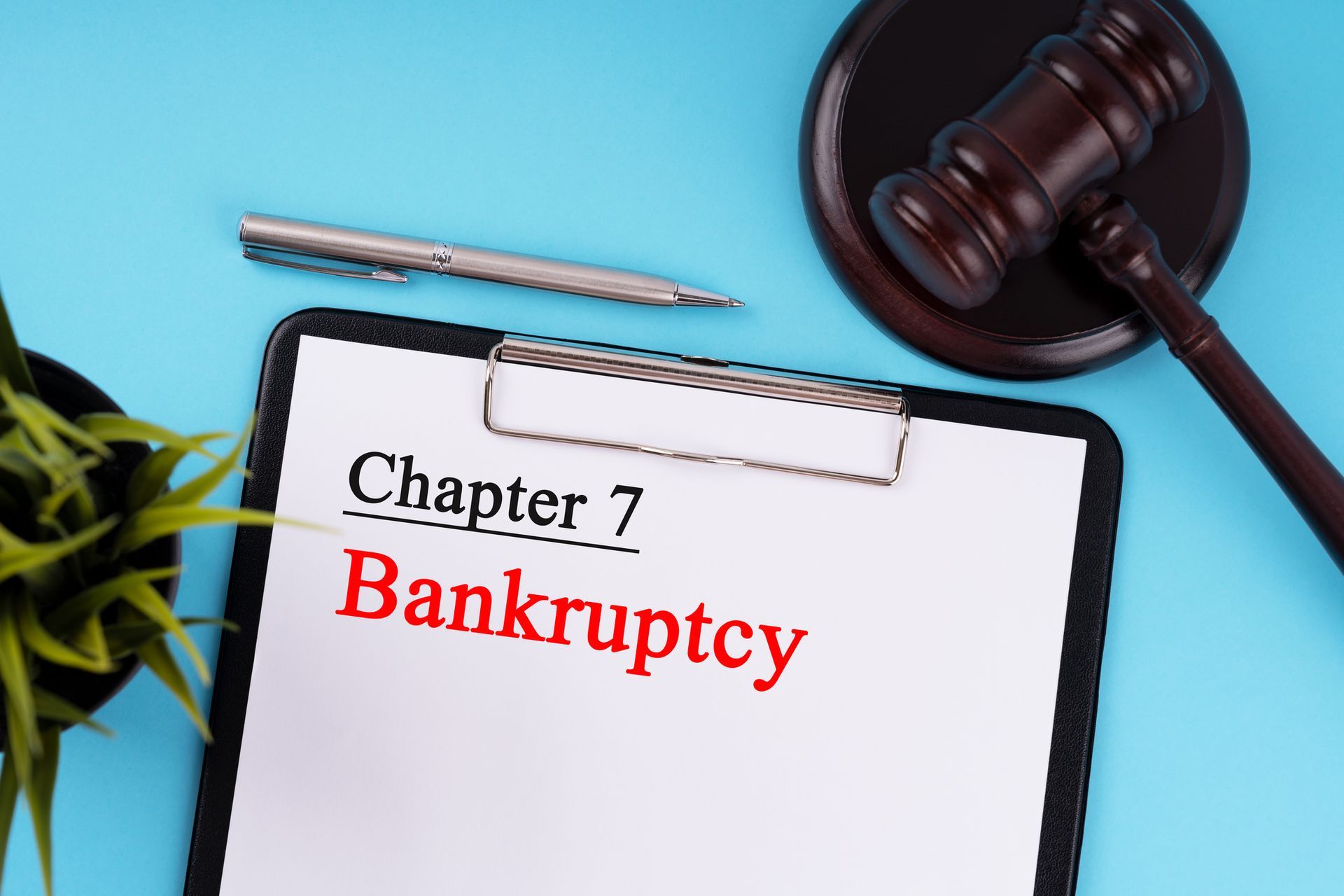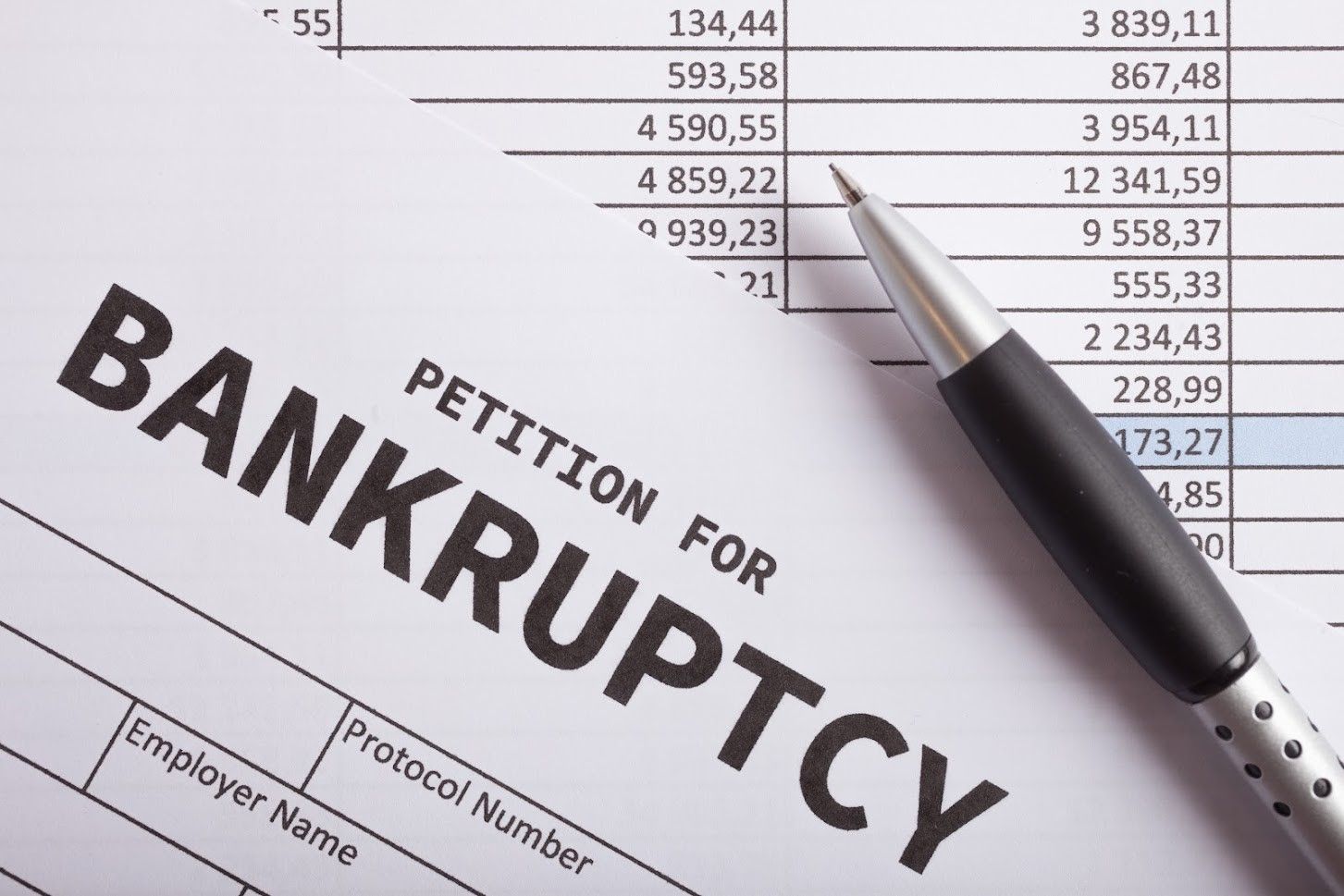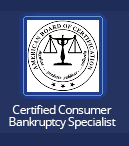Answers to Your Questions About Bankruptcy Discrimination at Work

Bankruptcy is an important legal tool to manage and get rid of past debt problems that weigh you down. But it has the potential to make some parts of your life more complicated. For some claimants, this includes their work situation. How can bankruptcy affect your job? And what can you do about these concerns? Here are a few answers to your questions.
Does Your Employer Have to Know?
The amount your employer has to know about your bankruptcy depends on what triggered it and which bankruptcy you file. Chapter 7 — liquidation bankruptcy — doesn't automatically result in your employer being notified. Only creditors and other stakeholders are given notice. However, Chapter 13 repayment plans may eventually involve your workplace because the court may withhold your payments through garnishment.
Beyond these circumstances, how much you tell your current employer is generally up to you. The law doesn't require you to go to your boss and tell them about your bankruptcy on your own. It can be challenging, though, to keep the effects entirely to yourself.
Can Your Employer Penalize You?
Technically, the bankruptcy code protects employees from discrimination based on their bankruptcy. Government employees, in particular, are protected from both termination over a bankruptcy and being denied a job due to one. Private businesses are also prohibited from terminating an employee due to their bankruptcy, but may not be protected as well during the hiring process.
What Makes Bankruptcy Rights Hard to Protect?
Unfortunately, the existence of laws against discrimination doesn't mean it cannot happen. Bankruptcy filings are a matter of public court records, so your employer may find out about it. This is a particular concern if you apply for a new job and go through a background check. Some employers may take advantage of the lack of legal clarity regarding denying a debtor a position.
The main challenge to remedying bankruptcy discrimination is that it can be hard to trace. Obviously, if your employer has a history of firing people going through bankruptcy or not hiring those who had a bankruptcy, this pattern can be easy to demonstrate to a court. More likely, though, you may have a hard time establishing a clear link between your debt issues and not getting that promotion or job.
In addition, the causes of your bankruptcy might be something an employer can consider when making decisions. Employers are allowed to do credit checks with permission. Your poor credit history or large debt could be used to determine if you should be hired for a certain job or given more responsibility. These can give the impression that you can't be trusted or relied upon — no matter how false this really is.
What Should You Do If You Are Concerned?
The right path to managing bankruptcy and your employment depends on each unique situation. Some debtors might choose to approach their employer (or potential employer) to get the matter out in the open. If your bankruptcy was due to a bad divorce, for instance, providing context may prevent an interviewer from holding poor credit against you. This is particularly important if seeking jobs with security clearance.
Before you decide how to talk to current or future employers about your bankruptcy, consult with an experienced bankruptcy attorney. And if you feel you may already have been subjected to some form of discriminatory or retaliatory behavior, a qualified lawyer will help you figure out your next steps. Because bankruptcy discrimination law can be vague, you must know your rights and defend them.
Charles J Schneider PC has aided Michigan residents for more than 40 years. We can help you not only manage your actual case but also navigate any consequences that may affect your ability to find relief and recover quickly. Call today to make an appointment.























